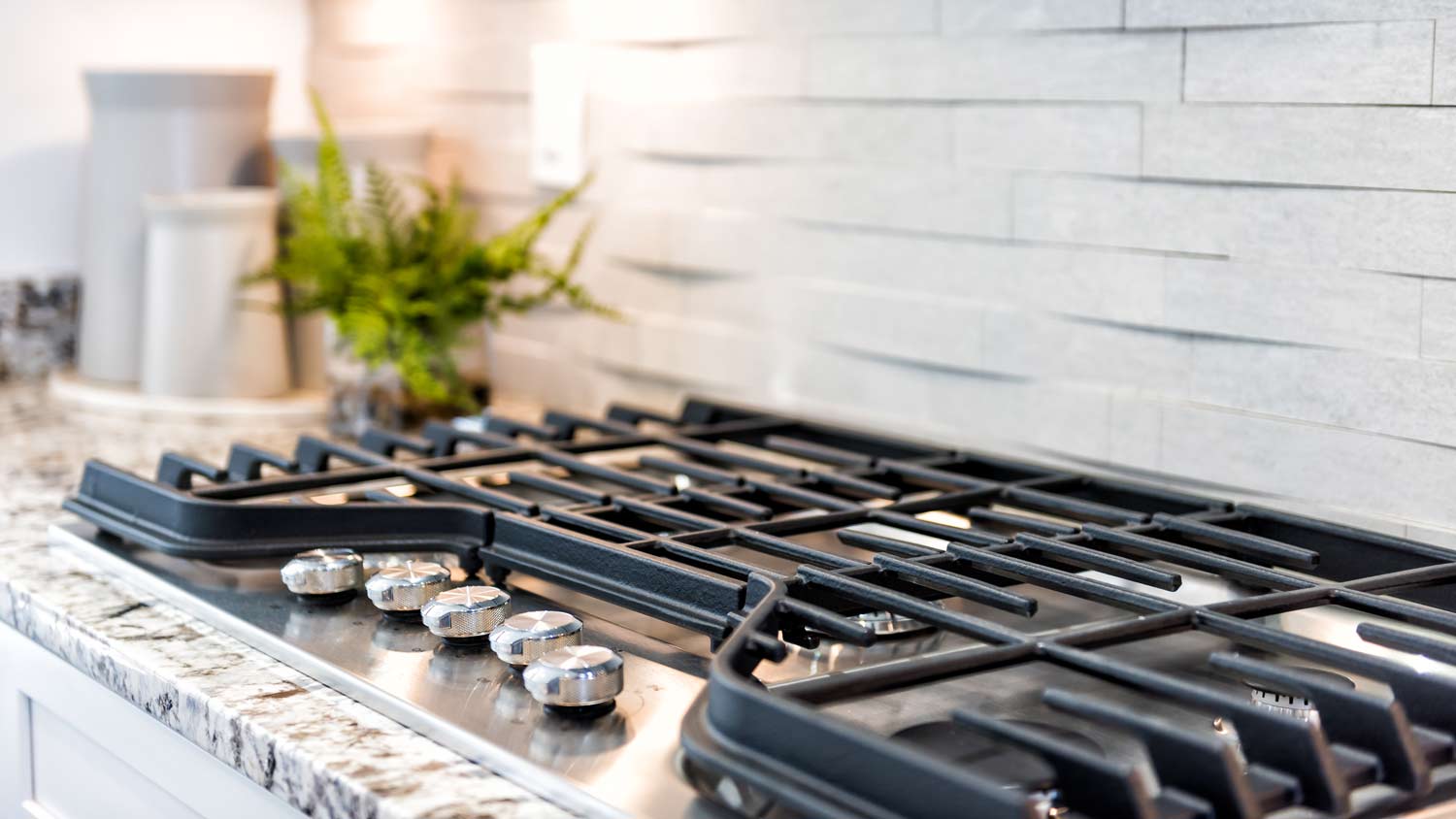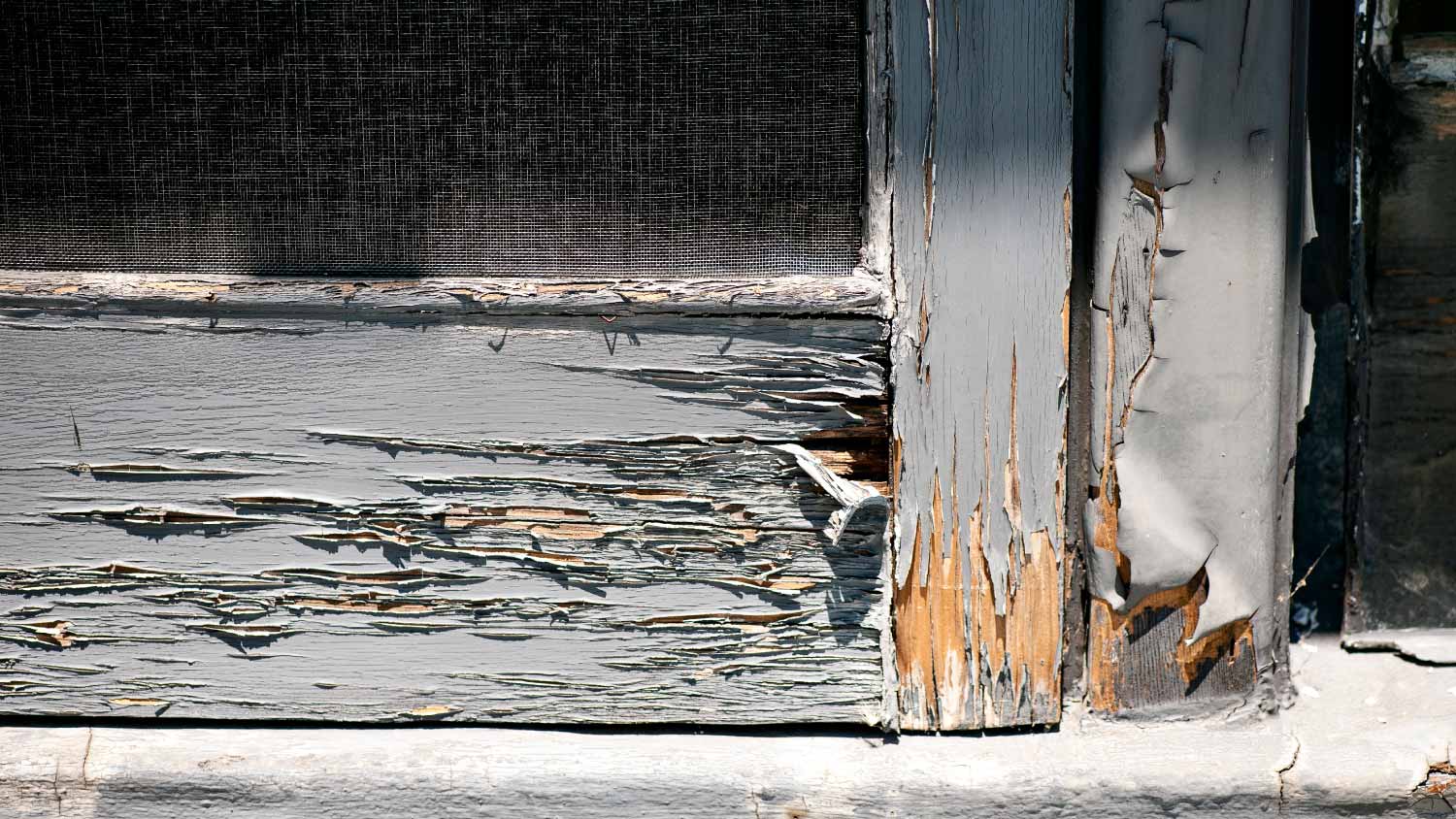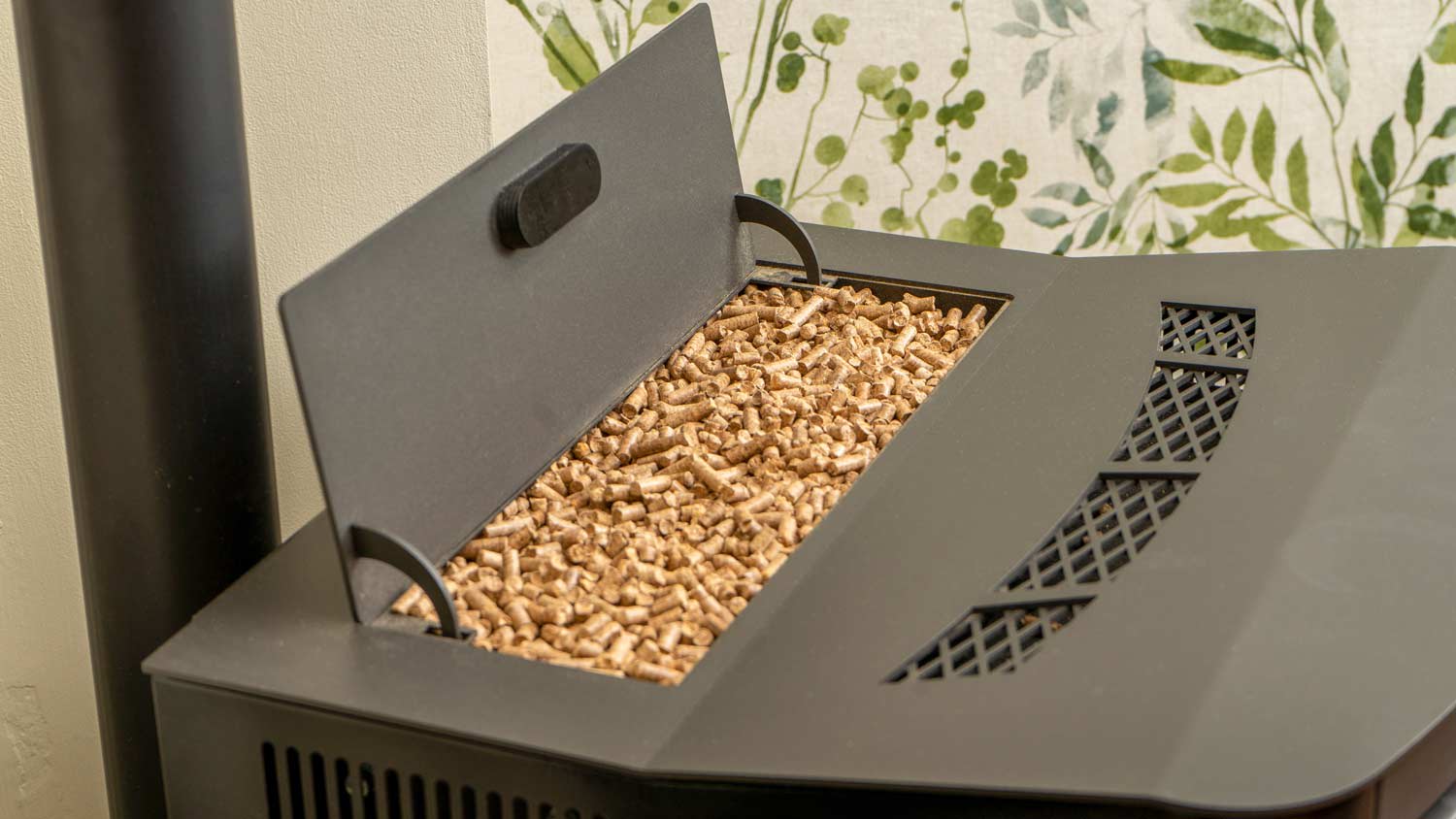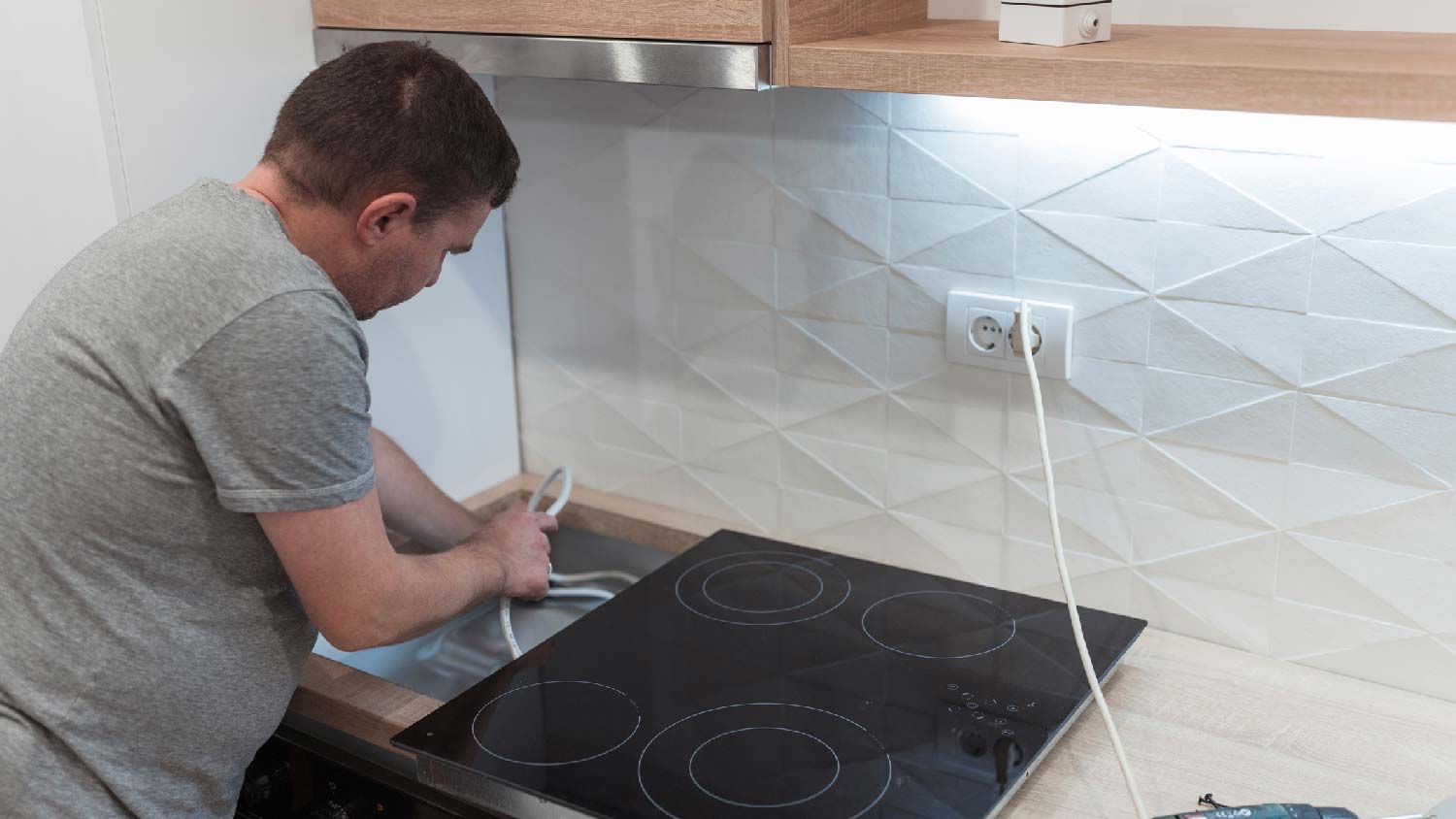
Learn about the factors that influence your bus conversion costs, including vehicle cost, repairs, remodeling, and finishes.
A licensed natural gas plumber fixes gas stoves safely and correctly


Fixing a gas stove involves gas supply lines, valves, and safety devices, so hire a licensed natural gas plumber for the work.
Pros secure gas lines, diagnose igniters, valves, and safety components, and resolve leaks to restore reliable operation.
Additional factors include scope of repair and safety considerations; benefits include safer, faster, insured work.
Confirm the pro is licensed and insured, and ask about tools used for leak detection and diagnostics.
This article was created using automation technology and thoroughly fact-checked and edited by HomeAdvisor Editor Ryan Noonan.
If you are asking who fixes gas stoves, the answer is a licensed natural gas plumber. These specialists handle gas lines and gas-powered appliances, manage safety risks, and troubleshoot ignition and valve issues. Expect professional diagnostics, safe procedures, and clear confirmation that the appliance is ready to use.
They follow local licensing rules—44 states require a plumbing license for big jobs—and many areas require continued education to keep it. They also carry liability insurance and bring specialized tools to detect leaks and verify safe operation.
Hiring a natural gas plumber keeps you safe, protects your home, and speeds up troubleshooting. Licensed pros bring updated training, carry liability insurance, and use specialized tools to diagnose and fix gas issues. Their experience with gas appliances reduces risk and restores reliable stove operation.
Licensed to perform gas work in most states
Trained to secure gas lines and appliances safely
Carries liability insurance for accidental damages
Uses electronic gas detectors for leak testing
Uses infrared cameras to spot hidden issues
Diagnoses and repairs safety valves correctly
Identifies and resolves gas leaks quickly
Realigns or evaluates igniters for reliable lighting
Relights pilot lights and verifies operation
If you encounter a situation involving a gas leak or complex stove malfunction, you might want to consider a local plumber to ensure the job is done safely and correctly.
Appliance professionals are the right fit for electric stoves and many household appliances. Gas changes the job because it requires natural gas expertise and safety training. Appliance repair technicians focus on electrical work, but gas appliances demand specialized knowledge of gas lines and valves.
For gas-related problems, call a licensed natural gas plumber. Choosing the safest qualified pro helps prevent hazards and ensures proper operation. Most states require a plumbing license for big jobs, and many areas require continued education to keep it current. Safety comes first: natural gas is flammable and combustible, so pros secure the gas line and the appliance before making any repairs.
Natural gas plumbers use specialized tools—such as electronic gas detectors and infrared cameras—to locate leaks and hidden issues. Their training and experience with gas lines, valves, igniters, and pilot lights streamline troubleshooting and reduce risk. Always choose a licensed, insured professional to protect your home during diagnosis and repair.
Pros start with troubleshooting to identify the issue, then repair it safely and efficiently. Common steps include:
Check for loose control knobs.
Clean burner holes and igniter.
Align and assess igniter for wear.
Identify and resolve gas leaks.
Check gas valve for obstructions.
Inspect or replace the safety valve.
Check and/or relight the pilot light
After repairs, they verify ignition and confirm safe operation before leaving.
Expect to spend an average of $200 to repair a gas stove. Homeowners pay between $100 and $600, depending on the type of repair, the part involved, and add-on repairs. Plumbers licensed to work on gas lines charge $45 to $200 per hour, with higher costs for emergency or after-hours repairs.
From average costs to expert advice, get all the answers you need to get your job done.

Learn about the factors that influence your bus conversion costs, including vehicle cost, repairs, remodeling, and finishes.

Use this guide to budget for fireplace remodel costs based on factors such as surround materials, labor, repairs, part replacements, and more.

Use this guide to budget for fireplace repair costs based on factors such as fireplace type, the part that needs replacing, labor, inspections, and more.

Who fixes wood rot? Learn who to call, when to hire a pro, and what it costs to repair damage and prevent future rot.

Hire with confidence by learning who installs pellet stoves, pro options, installation steps, and costs so you can choose the right installer.

Who fixes electric stoves? See who to call—appliance repair pro, electrician, or handyperson—and compare hourly rates to get your stove working.